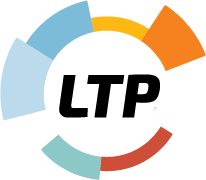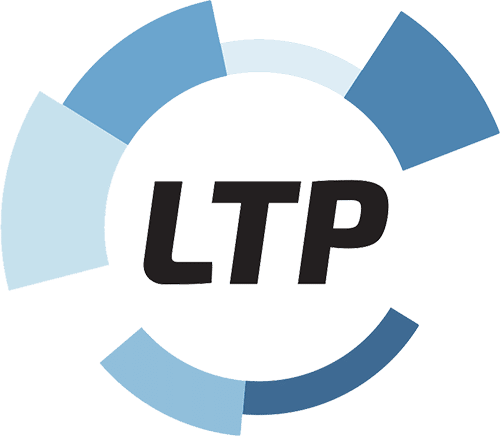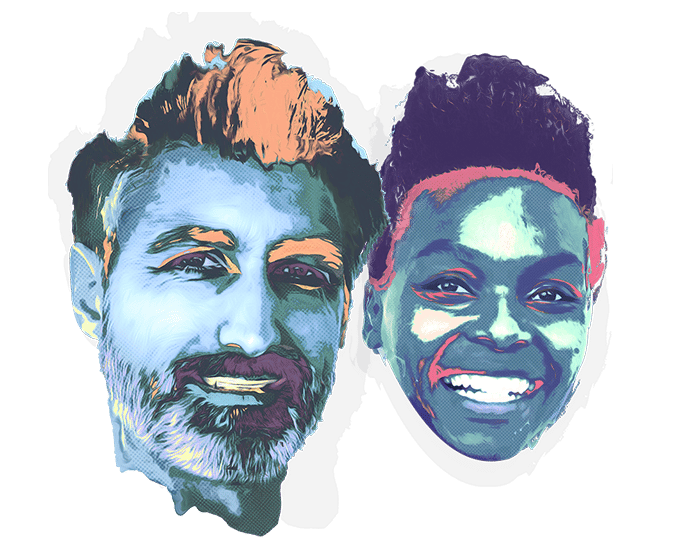Information for participants: Academic Career Framework (Assessment)

Wageningen University & Research (WUR) strives for excellence and quality in scientific research and education. Therefore, WUR aims to attract and fascinate talented top academics and to encourage and stimulate their development. This results in an annual inflow of new and/or existing employees into the Academic Career Framework.
Note: The Academic Career Framework Assessment was previously known as the Tenure Track Assessment.
Wageningen University & Research offers clear and attractive career prospects to every participant of the Academic Career Framework. Participants have the opportunity to grow and develop to the level of Personal Professor. The goal of the LTP development assessment is to give direction to their personal development. WUR also offers various other development activities, including the WUR Academic Career Framework.
Key facts development assessment
- The assessment offers insight into the competencies required for their next step: What are underlying aspects in personality, needs and qualities? What is the best way to develop them and what might be limitations?
- It addresses how the development path can be aligned in the daily context and the relevance of the everyday work.
- It puts the participant in the driver’s seat: it is an invitation to reflection and action.
- It brings focus and helps to compose a tailormade development programme for each individual.
- The HR-professional and professor/chair holder are involved during the process. This encourages all to buy into the development process and helps sketch out a shared vision of the best steps forward.
Choosing the regular or concise assessment
As a participant of the WUR Academic Career Framework, you can choose between a regular and a concise assessment. The design of the regular version differs from the concise version in terms of the intensity of the assessment (overview).
- The regular version includes: online personality questionnaires, an interview, a simulation (role play) and a purpose pitch. The psychologist can give the participant development tools and insights based on specific behaviour.
- The concise version includes: online personality questionnaires and a reflection interview with the psychologist.
Another difference between the regular and the concise assessment is the report. In the regular version, the psychologist writes an integrated report based on the results of the assessment. The report of the concise version is generated by algorithms, combining the specific personal outcomes to report elements. The concise version meets the needs of participants who have recently received a lot of feedback and undergone some personal development.
The time investment for both assessments is similar, with the regular version taking approximately 7 hours in total and the concise version taking 5 hours (including all conversations and drafting the Personal Development Plan).
Sharing information
We guarantee absolute confidential treatment of your data. LTP counsellors apply the guidelines laid down by The Dutch Institute of Psychologists (NIP). The participant is responsible for and chooses which data will be shared with the stakeholders (professor/chairholder and HR advisor from WUR and LTP advisor who are involved in the meetings) during the assessment program regarding their personal development.
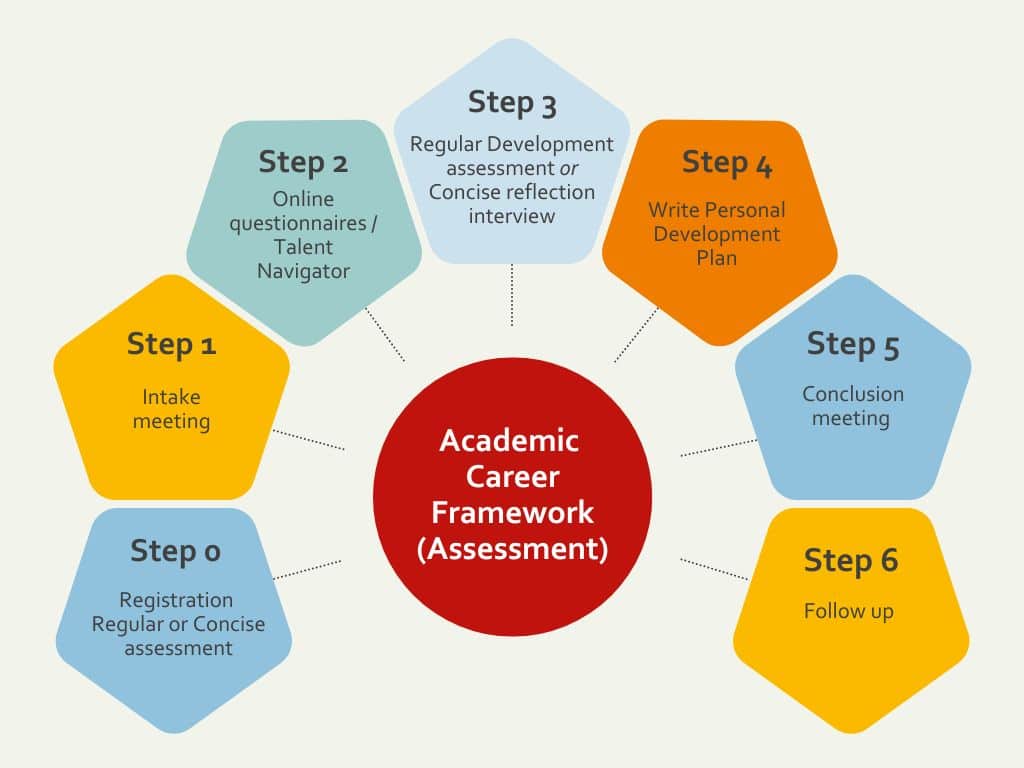
Academic Career Framework – Assessment program
Below you will find the steps of the assessment program. Your action points are in orange. Do you have any questions prior to the assessment? Feel free to ask them in the contact form on this page or call us: 020 – 30 50 495.
- Participant can send a short application form to the WUR internally in order to request a development assessment. Participant makes a choice (in consultation) for a regular or a concise assessment.
- In follow up LTP will plan the assessment with the WUR and invite participant, HR professional and Professor/chairholder for the different steps of the process.
- The professor and HR professional will be involved in two steps in this process (step 1 and step 6). This close level of involvement encourages them to buy into the development process and helps sketch out a shared vision of the best steps forward for the participant.
- Online intake meeting with professor / chairholder, HR professional, participant, and dedicated psychologist.
- Participant sends resume to LTP (mailto:planning@ltp.nl) several days prior to the intake meeting.
- Goal: identify development needs, agree on process, ensure buy-in from all stakeholders and to tailor the assessment.
- Duration: 1 hour.
- Agenda (not limited to): a. A description of the participant’s personal situation, including both professional and personal elements (PhD research, nature of research, milestones so far); b. Description of the development process prior to the assessment; c. Development in current role, and the potential for ongoing development; d. Specific points of attention and questions.
Role in the meeting
| Participant Academic Career Framework | Is the focus of the meeting. Takes charge of his/her own development. Answers questions regarding, among other things, development needs, further development and details. |
| Professor/Chair holder | Provides input from their own vision, about development needs, strengths or possibilities that are seen. |
| HR | Provides input from their vision and expertise. |
| LTP advisor | Facilitates and coordinates the meetings. Asks questions and collects necessary information. With their psychological expertise, they ensure a thorough intake. |
- Participant gets invited for some online questionnaires (regular assessment) or the Talent Navigator (concise assessment).
- Information about the online modules can be found at the bottom of this page.
- No intellectual ability tests will be administered, only personality and motivation questionnaires.
- Participant makes the online assessment at a time and place of their choosing. Preferably at least a few days prior to step 3.
- Takes 30-45 minutes.
- Development assessment takes place, including role play, purpose pitch and in-depth reflection interview (approximately 3 hours).
- Information about the interactive modules can be found at the bottom of this page.
- The assessment can be conducted via MS Teams or on a location of LTP.
- Participant receives integrated report written by the psychologist.
- Participant sends assessmentreport to attendees of the conclusion meeting.
- Goal: participant receives input to work on their Personal Development Plan.
- Participant receives an automated report.
- Participant can prepare by reading the report and reflect prior to the reflection interview.
- Participant and dedicated psychologist discuss results; psychologist asks more detailed questions in order to promote reflection (approximately 1 hour).
- Participant takes notes during the interview and can already download the Personal Development Plan (download here).
- Goal: participant receives input to work on their Personal Development Plan.
- Participant completes Personal Development Plan (download here). and sends this to psychologist of LTP within 5 working days after receiving the report.
- Psychologist reviews plan and gives feedback.
- Participant can use the competencies.
- Participants incorporates feedback of LTP.
- Goal: Handover to integrate all into a challenging and realistic personal development path in the Academic Career Framework, where the participant is in the lead, and Professor and HR can support.
- Participants are kindly requested to send the report and Personal Development Plan to professor / chairholder, HR professional and LTP psychologist at least 2 working days prior to the meeting.
- Agenda (not limited to):
Based on the assessment report and Personal Development Plan.
a. What are your strengths and your development needs (based on the assessment outcomes)?
b. Do you recognize these outcomes? Do Professor and HR recognize these outcomes?
c. What are you going to do to increase the use of your strenghts and what are you going to do to challenge yourself in relation to your development needs? Do Professor and HR have anything to ad?
d. What do you need from your chair holder, HR or other people within the organisation?
Role in the meeting
| Tenure Tracker | Is once again the focus of the meeting. Shares what he/she wants to share about assessment report and PDP. Takes charge of own development. |
| Professor/Chair holder | Thinks along and sees how they can support the Tenure Tracker from a leadership position. |
| HR | Thinks along. Supplements from HR expertise, for example in terms of training and education. Is invited to ask additional or in-depth questions to facilitate the participant and professor in their role. |
| LTP advisor | Facilitates and coordinates the conversation. Asks questions and invites participants to form a joint view of their development and steps that can be made. With their psychological expertise, they ensure a thorough handover. |
- Participant can voluntarily download the persona.fit app.
- Participant can use the Persona.fit feedback app, offering state of the art functionality to follow one’s own personal growth and quantify development steps.
Explanation modules:
In-depth interview
By asking specifically for examples of behaviour, the psychologists are able to build up a picture of the participant’s competencies during the interview. There is also a deep and exploratory discussion of motivations, ambitions, motives, inhibiting factors, and pitfalls.
Simulation task/role play
In a simulation task, the participant is placed in a fictitious situation from professional practice and invited and challenged to show how they would respond and communicate. For development assessments, we take a short break halfway through the simulation to discuss progress and allow the participant to change course. Participants receive valuable feedback both during the break and immediately afterwards. We work with professional actors for the simulation tasks, who ensure that participants have ample opportunity to demonstrate their competencies.
Purpose Pitch
This section is all about the question: ‘Why do I do what I do?’ Employees are increasingly being called on to convey their own enthusiasm, as well as the purpose of the organisation, to their colleagues in a credible and inspiring way. The participant will receive specific instructions during the assessment day.
Personality and motivation questionnaires (Talent Navigator)
These questionnaires are used to explore the character traits and motivations that competencies are based on. These include the motivation to perform well, helpfulness, stress-resilience, extraversion, openness, and so on – all important factors for the WUR Academic Career Framework. The questionnaires measure personality, working styles, motives, influencing styles and values.
